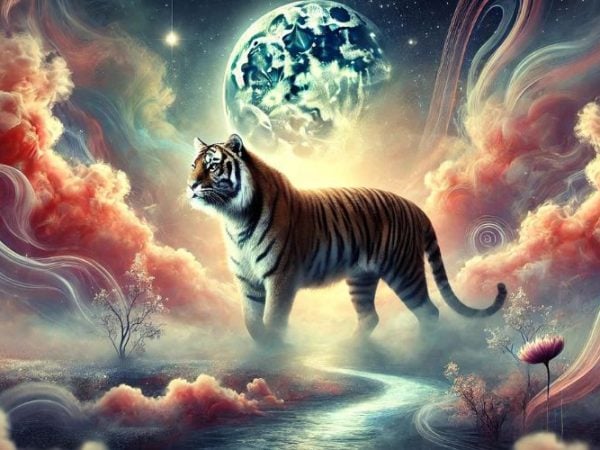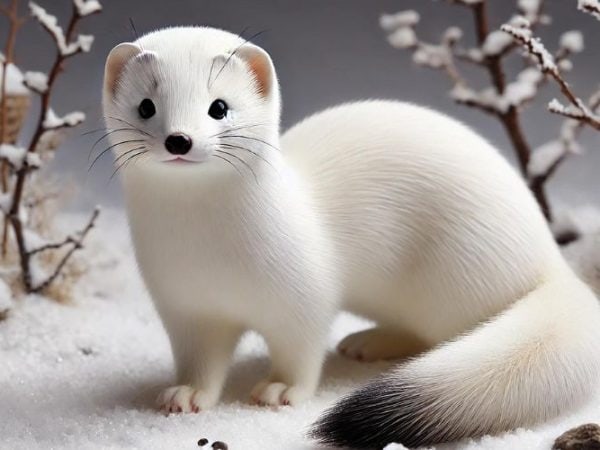Briefly
Whales, as symbols, often represent wisdom, guidance, and strength, mirroring their nature in the wild. They are seen as wise due to their advanced age, with some species living over 200 years, and are perceived as guides for their long migratory journeys. Their enormous size, power, and resilience, especially against the vast and perilous ocean, underpin their symbolism for strength and survival. In many cultures, the whale also symbolizes deep emotional awareness, given their exhibited emotional intelligence and communication abilities.
Whale in Dreams
In dreams, from a psychological perspective, whales can represent a journey into the subconscious. They are creatures of profound depths, akin to diving into the unexplored areas of one’s mind. Dreaming of whales might be interpreted as a sign of personal growth and self-realization. They can also symbolize overwhelming emotions or problems — seeing a whale in a dream could suggest that one feels swallowed by emotional issues or difficulties in their waking life.
Whale in Myths and Folklore
In mythologies and folklore, the presence of whales often portrays them as mystical creatures with powerful influence. In Inuit mythology, the whale is a key figure created by the trickster god to provide sustenance for the people. In the Biblical story of Jonah, the whale represents divine intervention and rebirth. Japanese folklore tells of “Bake-kujira,” a ghostly whale skeleton that brings misfortune, emphasizing the animal’s connection to the supernatural. Meanwhile, in Pacific Northwest indigenous stories, the whale is often a symbol of gratitude and community, featured in tales of transformation and reward.

Read also Shark Symbolism & Meaning

Reviewed by Alexander Lys, M.L., a specialist in the field of symbolism research and dream psychology. A certified participant in numerous psychological seminars and courses, the author of hundreds of articles on psychology, including studies on symbolism in dreams and myths from a scientific perspective.


